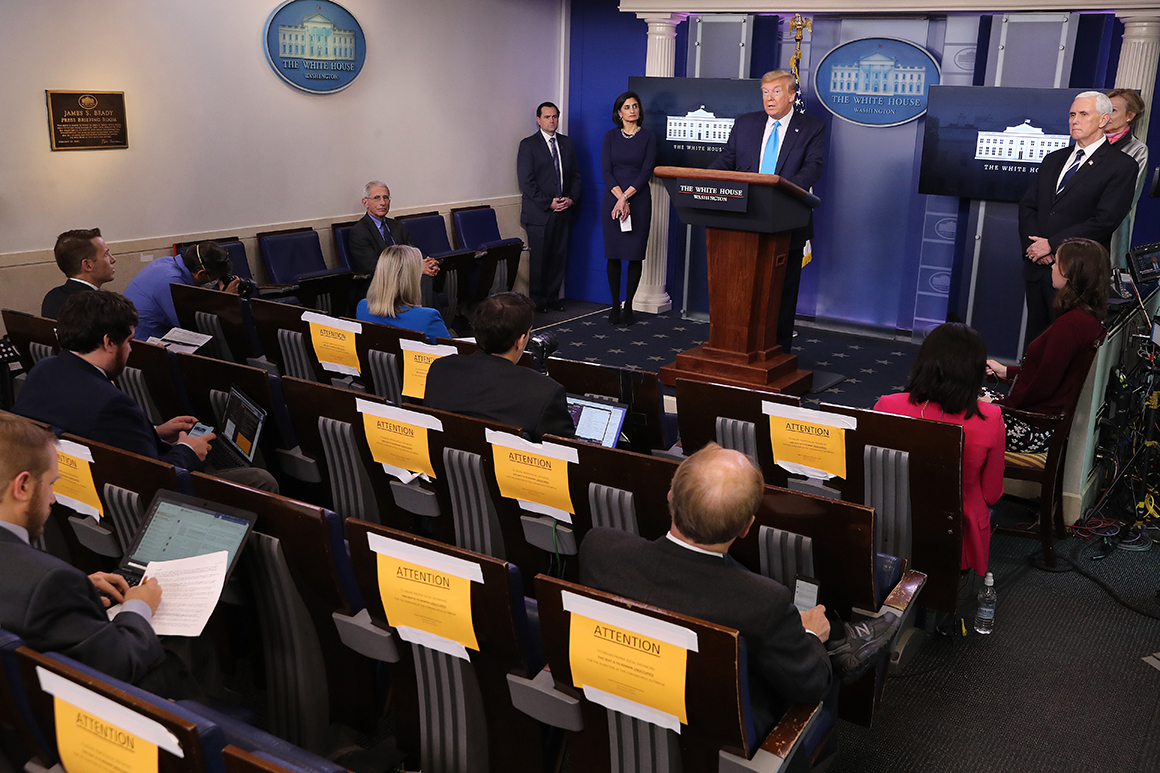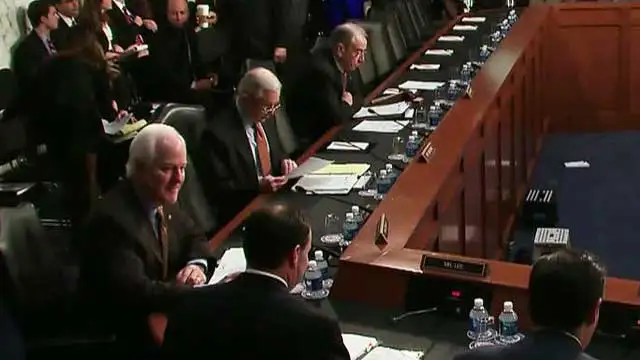Trump has resurrected a dangerous proposal to deport US citizens for crimes, igniting a fierce debate that threatens the very fabric of democratic governance and civil rights in America. This alarming idea is reminiscent of the draconian Alien Enemies Act of 1798, a law born out of fear that has no place in today"s society. As reported by History.com, the act was designed to target immigrants deemed a threat during wartime, yet Trump’s proposal seeks to broaden its scope and include American citizens, raising profound constitutional and ethical concerns.
Historical Context of the Alien Enemies Act
The Alien Enemies Act was created during a time of national panic and has been invoked sparingly, typically during global conflicts. Its lingering presence in American law serves as a stark reminder of how fear can lead to the erosion of civil liberties. Trump"s recent remarks echo this troubling history, as he justifies his proposals as necessary for national security. However, as noted by the ACLU, this rationale dangerously undermines the constitutional protections afforded to all citizens.
Constitutional Implications of Deportation
At the heart of the controversy lies the 14th Amendment, which unequivocally protects the rights of US citizens. It states that all persons born or naturalized in the United States are citizens and entitled to equal protection under the law. Trump"s proposal fundamentally conflicts with this constitutional guarantee. Legal scholars, including those from the Center for American Progress, argue that under current Supreme Court precedents, citizenship cannot be revoked without due process. The fallout from such a policy could lead to a significant erosion of civil rights, opening the door to arbitrary government actions against marginalized communities.
\n\n
White House to require coronavirus tests for journalists ...
Political Reactions and Divisions
The political landscape is sharply divided over Trump’s proposition. While some Republican leaders rally behind the idea, positioning it as a necessary step for law enforcement, others express concern over its legality. According to Politico, even within the GOP, voices of dissent warn that this could set a dangerous precedent and infringe upon the rights of citizens. Democrats have vehemently condemned the plan, labeling it as “unconstitutional and draconian.” The backlash highlights the potential for a fierce electoral battle as the 2026 elections loom closer.
Civil Liberties Groups Raise Alarm
Civil liberties organizations are sounding the alarm over Trump"s proposal, arguing it could have dire implications for due process and civil rights. The ACLU has been vocal in its opposition, emphasizing that such a policy could lead to widespread abuse of power and a chilling effect on communities with mixed immigration status. The fear of deportation for crimes could deter individuals from engaging with law enforcement, further marginalizing already vulnerable populations.
\n\n
Senate to hold first hearing on immigration | Fox News Video
Public Opinion and Social Impact
Polling data reveals a nation deeply divided on this contentious issue. According to a recent survey by Pew Research, 48% of respondents support the idea, while 52% oppose it, illustrating the polarized nature of American politics today. The implications for immigrant communities are profound, as this proposal could exacerbate fears and tensions, leading to further isolation and distrust in government institutions.

![[Video] Federal officers deploy sting balls and flash grenades at Whipple Building](/_next/image?url=%2Fapi%2Fimage%2Fthumbnails%2Fthumbnail-1768340555229-vhfcc-thumbnail.jpg&w=3840&q=75)
![[Video] Crowd-control weapons used in Minneapolis as anti-ICE protesters attack police vehicle](/_next/image?url=%2Fapi%2Fimage%2Fthumbnails%2Fthumbnail-1768336302231-akxf7s-thumbnail.jpg&w=3840&q=75)

![[Video] Protests erupt in Minneapolis after ICE detains teenager, multiple arrests made](/_next/image?url=%2Fapi%2Fimage%2Fthumbnails%2Fthumbnail-1768331835371-z9ylqg-thumbnail.jpg&w=3840&q=75)


![[Video] Gunfire between Iraqi security forces and Sadr militias in Baghdad](/_next/image?url=%2Fapi%2Fimage%2Fthumbnails%2Fthumbnail-1768343508874-4redb-thumbnail.jpg&w=3840&q=75)
